Exploring the Moral Complexities in Disco Elysium: The Final Cut
Understanding the Setting of Disco Elysium: The Final Cut
Disco Elysium: The Final Cut thrusts players into the decaying city of Revachol, a place steeped in political tension and socio-economic collapse. The city itself acts as a character, with its rusting docks, graffiti-laden walls, and crumbling infrastructure reflecting the moral decay and existential crises faced by its inhabitants. In this environment, players take on the role of an amnesiac detective who must navigate this fractured society while piecing together the mystery of his identity and a murder investigation.
The game’s setting uses post-revolutionary themes, immersing players in a world where various ideologies clash. This landscape forces players to face the remnants of a failed revolution, with factions lingering in every alley and dark corner. Revachol challenges players to understand the diverse perspectives of its residents, each representing different fragments of political and philosophical thought. This melting pot of ideas and histories creates a complex moral backdrop where decisions carry significant weight.
Character Development and Moral Ambiguity
The protagonist’s mental and emotional struggles serve as a vehicle for exploring the moral complexities within Disco Elysium: The Final Cut. As players assume the detective’s role, they must engage with intricate dialogue trees, each choice reflecting the character’s myriad psychological states and ethical standings. These decisions are not black-and-white; rather, they mirror real-life ethical dilemmas, pulling players into gray areas where the right choice is often obscured.
The game’s dialogue system is unique, embodying a mechanic known as “Thought Cabinet” where players internalize different philosophies and ideas. These thoughts influence how the protagonist views the world, shaping his personality and moral compass. The dynamic nature of character development means that no two playthroughs are alike, as players sculpt the detective’s consciousness with each decision made.
Political Factions and Ideological Debates
In Revachol, several factions vie for control, each promoting distinct ideological tenets. The Union, a group representing the working class, navigates towards socialism but remains entrenched in moral complexity as it treads the fine line between worker rights and corruption. Players must decide whether to align with the Union or challenge its questionable practices.
Conversely, the Wild Pines Corporation represents capitalist interests, often portrayed as indifferent to the plight of Revachol’s citizens. The game urges players to consider the human cost of profit-driven motives, prompting introspection on the ethical implications of capitalism.
The moral quandaries extend further into ideological debates between communism, fascism, and moralism presented through nuanced characters and thought-provoking dialogue. Each ideology offers a different lens through which to view Revachol; adopting one philosophy over another dynamically alters the narrative, encouraging players to reflect on their own beliefs and biases.
Interactions with Non-Playable Characters (NPCs)
Disco Elysium excels in crafting multi-dimensional NPCs who challenge the protagonist’s morality. Each encounter has the potential to influence the detective’s personality and emotional state. Characters like Kim Kitsuragi, the detective’s partner, serve as moral anchors, while others, such as the cryptic Joyce Messier, unravel layers of ethical ambiguity in their interactions.
These characters often present challenging scenarios where the player must weigh empathy against pragmatism. A seemingly innocuous conversation might reveal deeper societal issues, asking players to confront their assumptions and consider alternative viewpoints.
Moreover, NPC interactions underscore themes of redemption and despair. The game delves into personal histories, addictions, and failures, and how these experiences shape individuals’ perspectives. Players witness characters struggling with their pasts, prompting them to reflect on forgiveness, accountability, and the potential for change.
Consequences and the Weight of Choice
The choices made in Disco Elysium reverberate throughout the narrative, affecting relationships, faction standings, and the resolution of the murder investigation. The branching paths ensure that every decision bears consequences, reinforcing the game’s commitment to moral complexity.
For instance, taking a hardline approach during interrogations may yield vital information but at the cost of personal integrity and respect from colleagues. Alternatively, handling situations with compassion can result in new alliances and insights but risks alienating powerful figures.
These branching narratives compel players to experiment with different approaches, challenging them to live with the outcomes of their decisions. The resulting play-through becomes a personalized narrative, highlighting the game’s emphasis on agency and ethical responsibility.
The Role of Art and Music in Enhancing Moral Themes
Disco Elysium leverages its artistic direction and soundtrack to underscore the weight of its moral themes. The visual aesthetic reflects the city’s decay and latent beauty, capturing the tense atmosphere and the perpetual struggle for redemption. The art style, inspired by painterly techniques, encapsulates the chaos and splendor of Revachol, inviting players to delve deeper into their moral introspections.
The music complements this artistry, with a score that oscillates between melancholic and hopeful, echoing the emotional highs and lows experienced by the detective and the city’s residents. The soundtrack enhances narrative immersion, encouraging players to contemplate the ethical dimensions of their journey in Revachol.
Exploring Additional Complex Ethical Scenarios
Disco Elysium: The Final Cut introduces expanded voice acting and political vision quests, further enriching its exploration of morality. These additions bring more depth to the already intricate narrative, presenting players with fresh ethical challenges and expanding the range of moral perspectives.
Political vision quests in particular offer deep dives into the ramifications of adhering to specific ideologies. These quests provide an introspective platform where players engage with core philosophical questions, allowing for an even more nuanced exploration of what morality means in a fractured world.
The extended voice acting lends gravity to these scenarios, humanizing the game’s discussions on ethics and embedding players further into its morally complex universe. Through these features, Disco Elysium extends its narrative reach, offering players even more layers of ethical inquiry to unravel.
Impact on Players and Broader Implications
The game’s intricate web of choices fosters a profound level of engagement and introspection, prompting players to evaluate their decision-making processes. As they journey through Revachol’s morally ambiguous landscape, they confront the intricate interplay between personal beliefs and societal norms.
Disco Elysium challenges its audience to question preconceptions, understand multiple viewpoints, and ponder the multifaceted nature of morality. In doing so, it invites players to transfer these reflections into their own lives, prompting a broader dialogue on ethical behavior in society.
By presenting a world where actions have palpable repercussions, the game underscores the significance of empathy, understanding, and the perpetual quest for moral clarity. Through its rich narrative tapestry, Disco Elysium endows players with a deeper understanding of moral complexities, offering insights that resonate beyond the confines of its digital world.
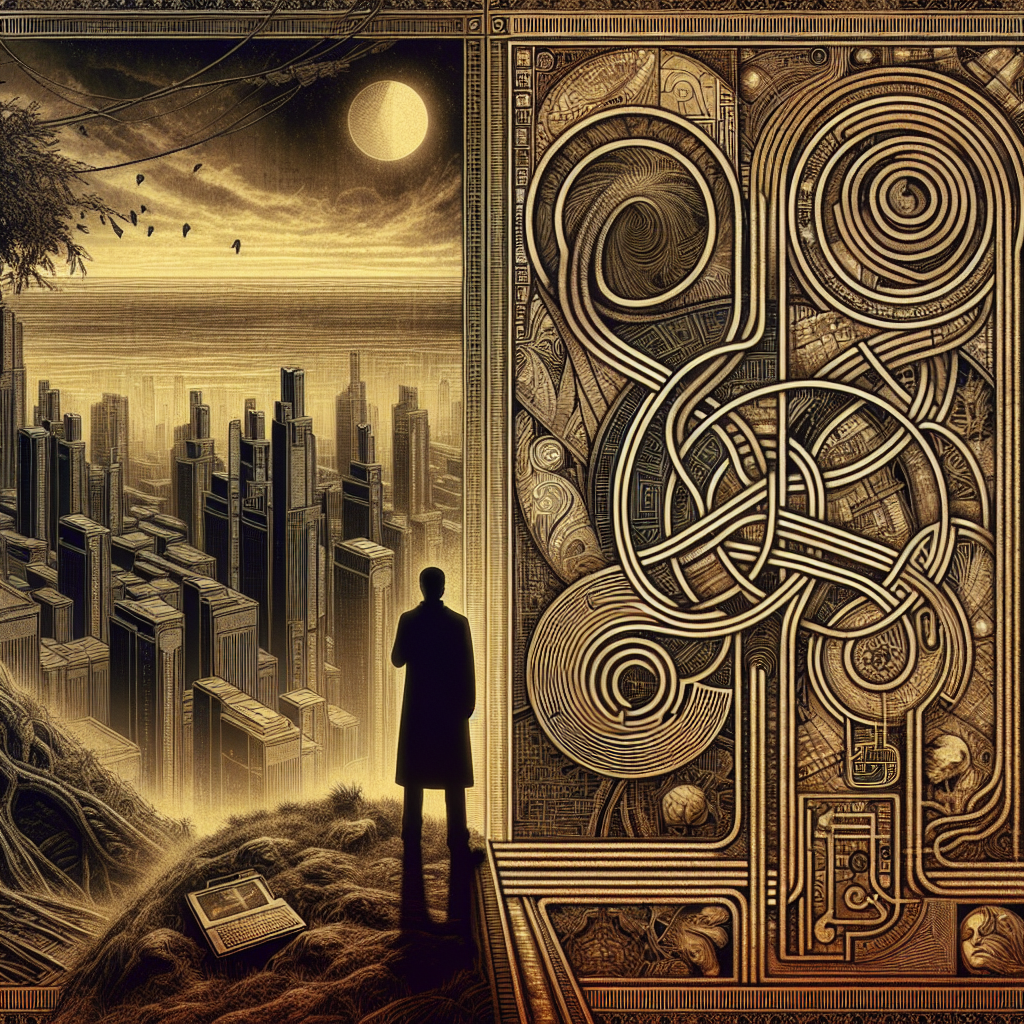
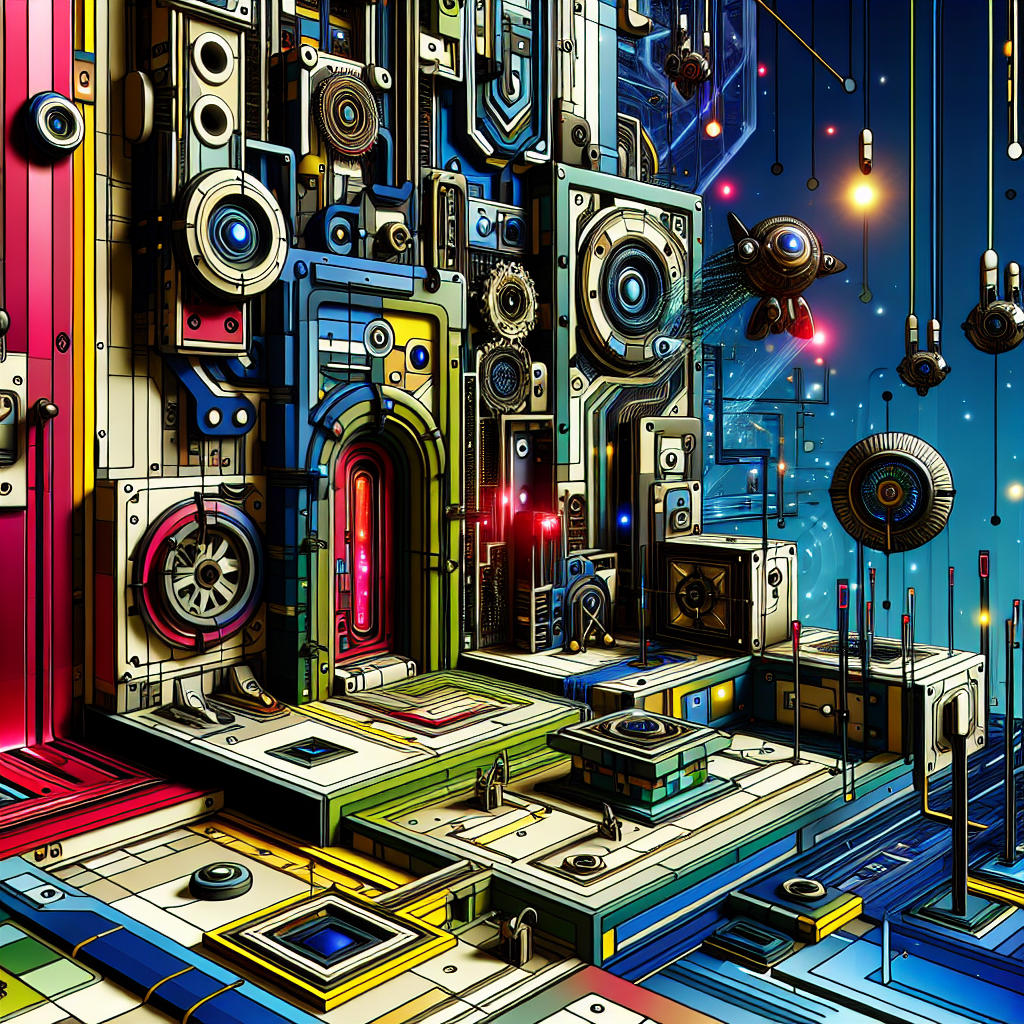
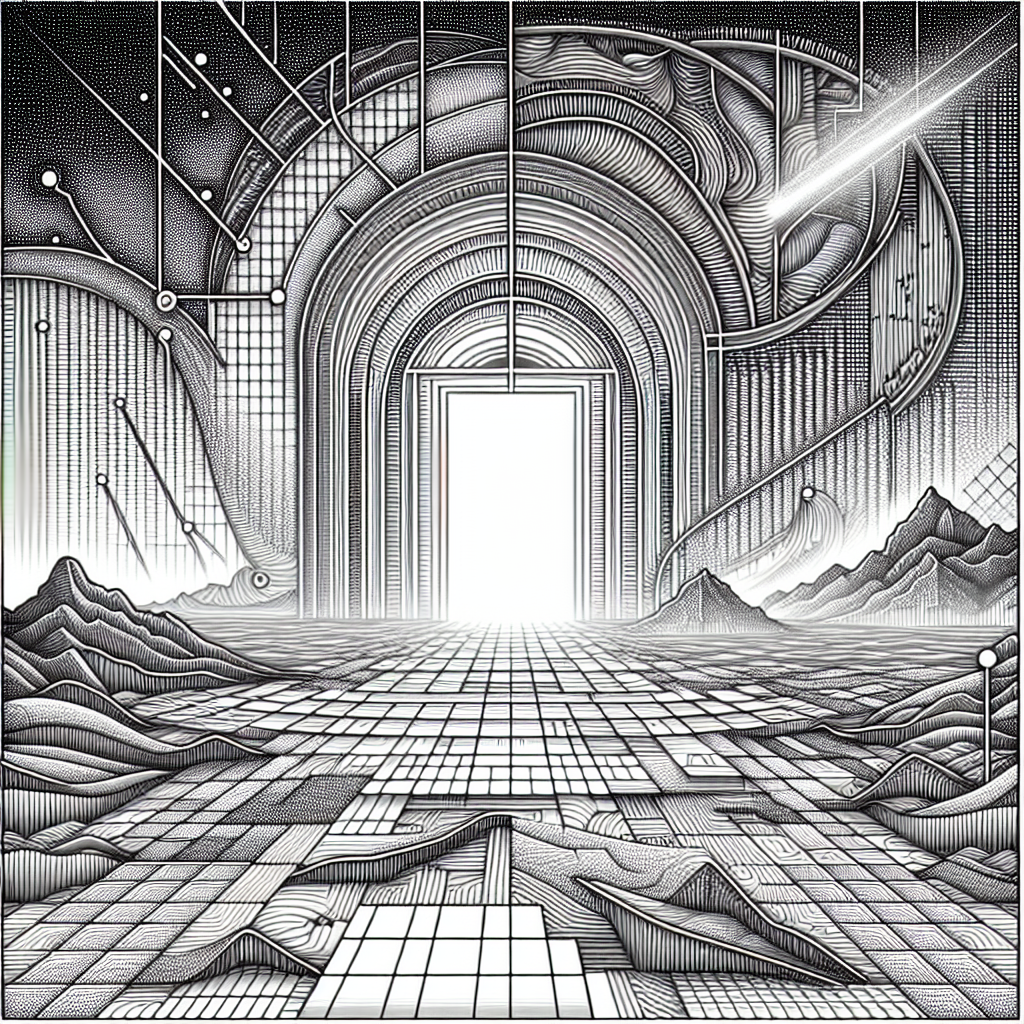
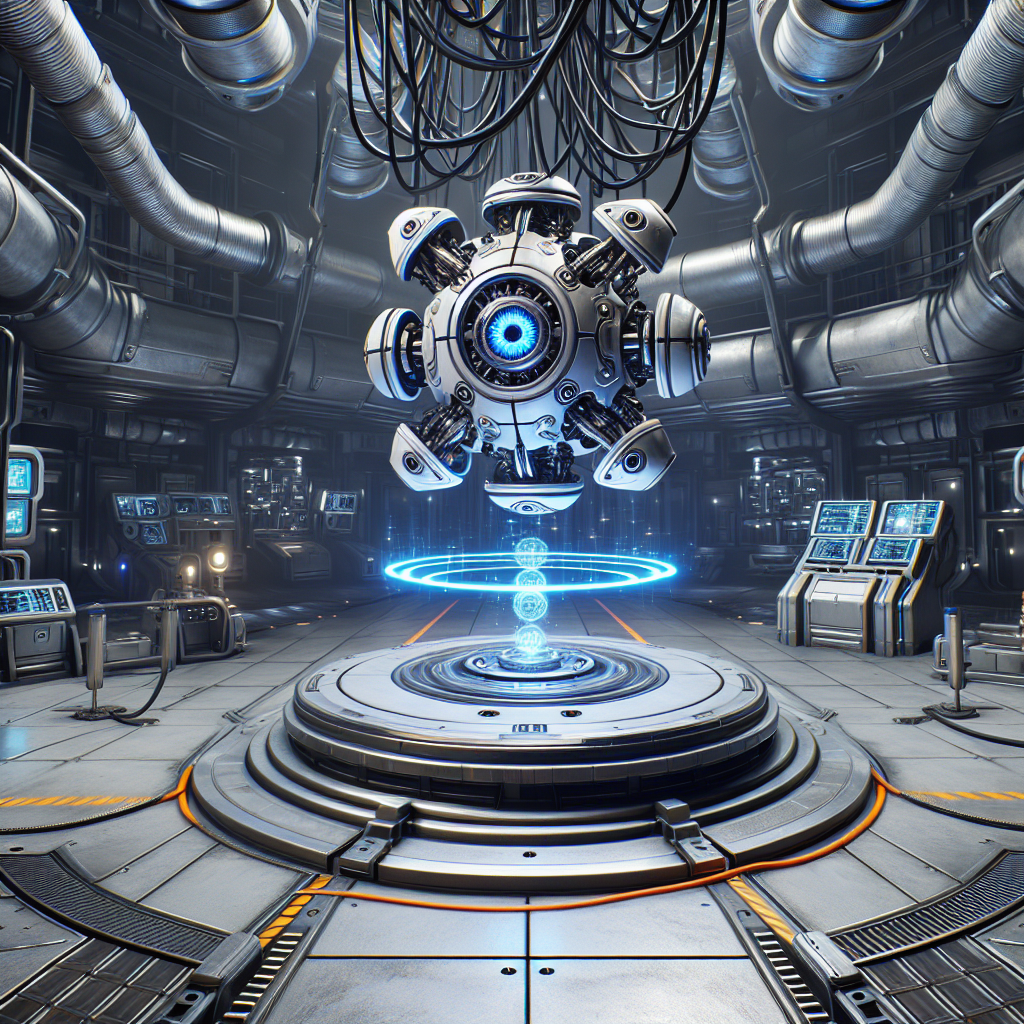
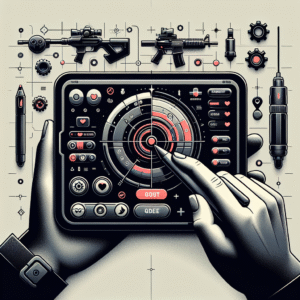





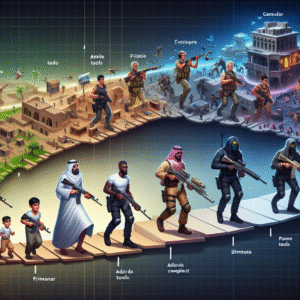
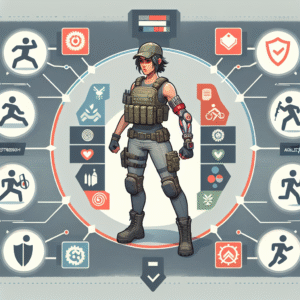
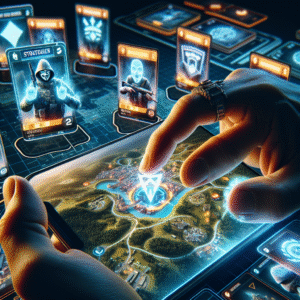
Post Comment